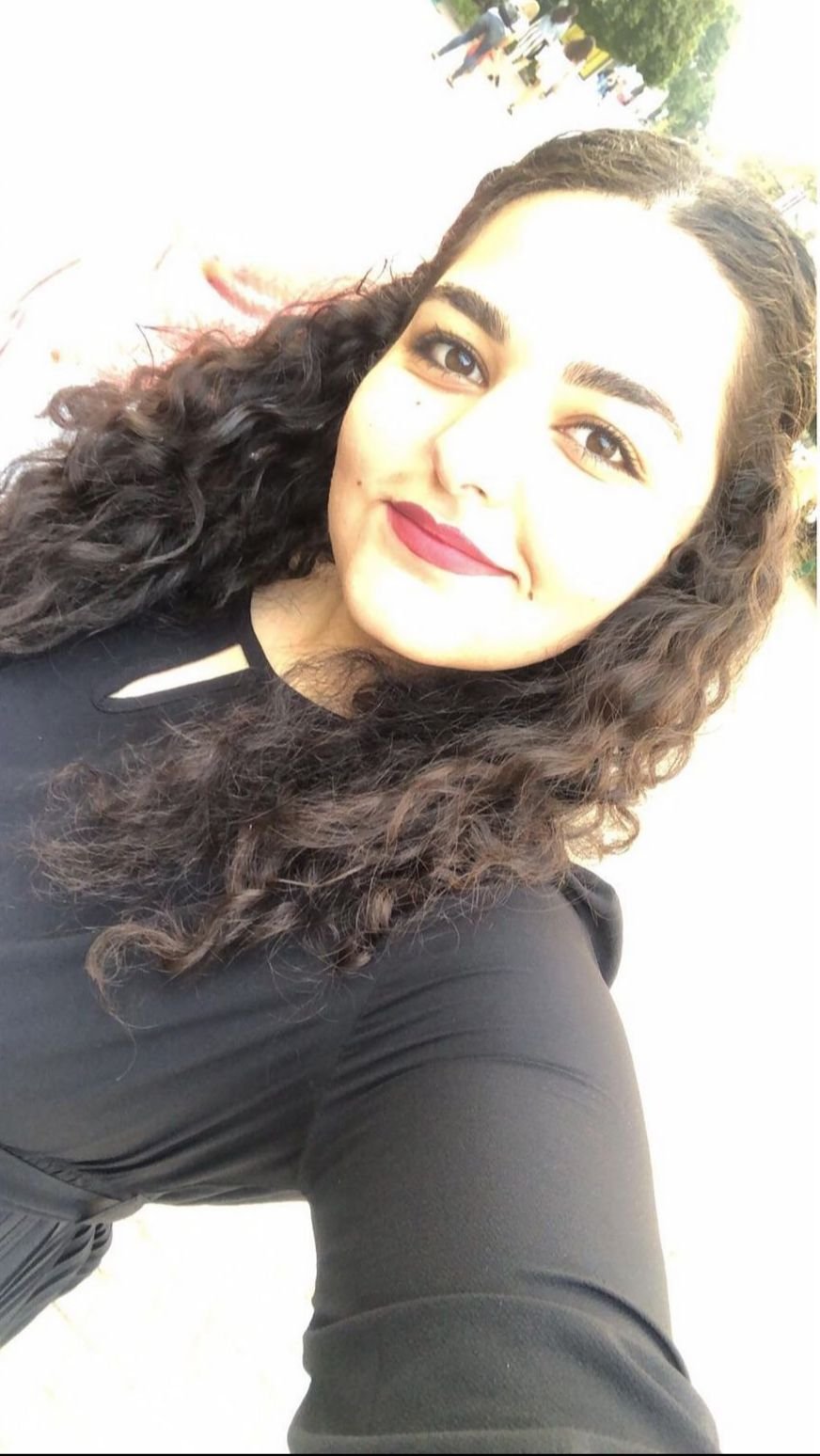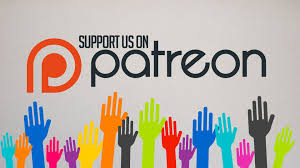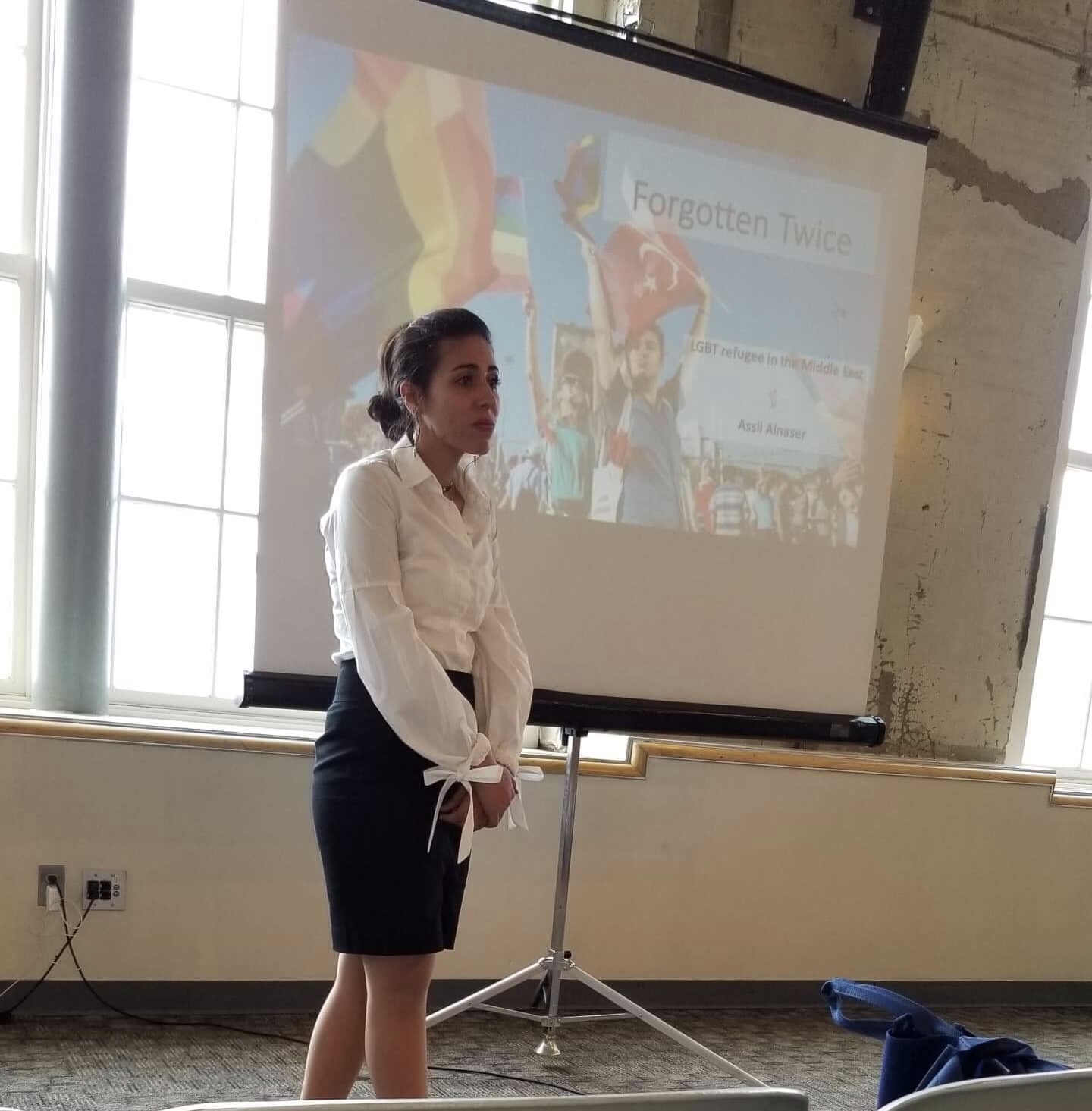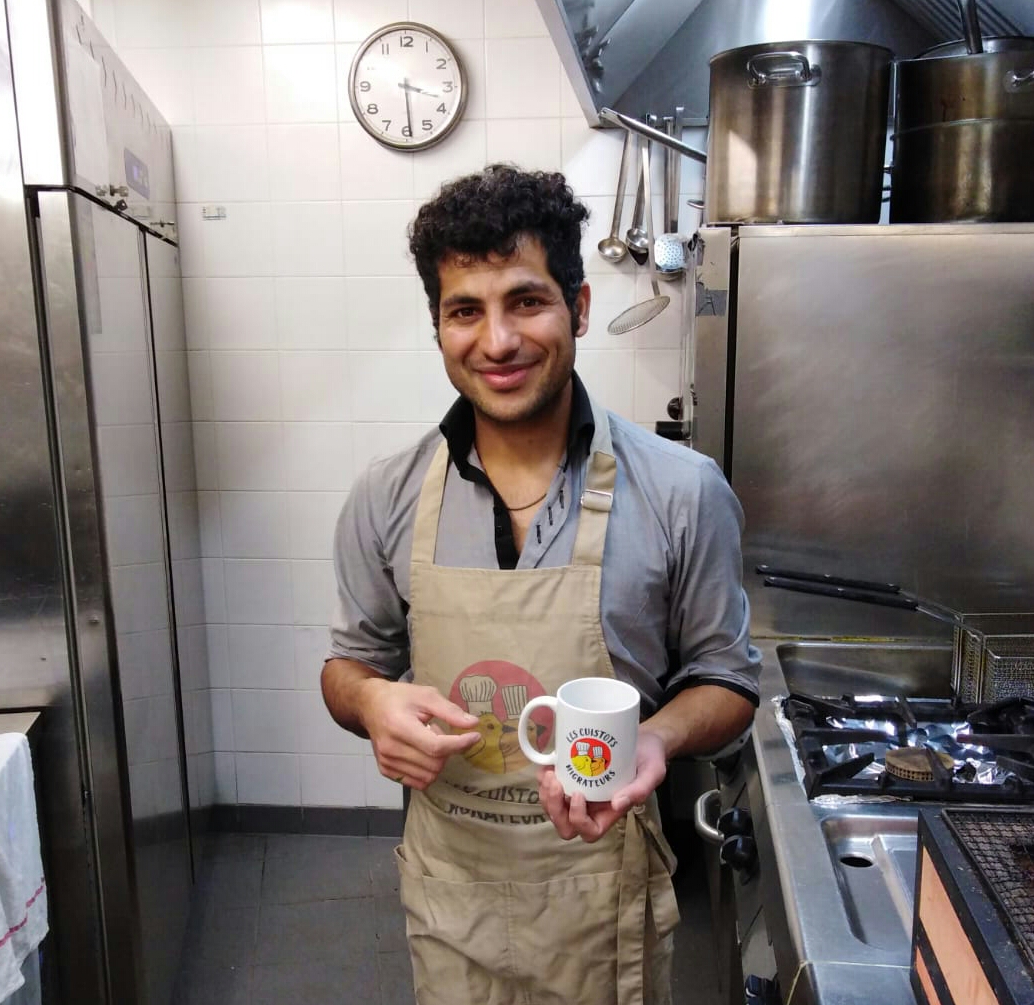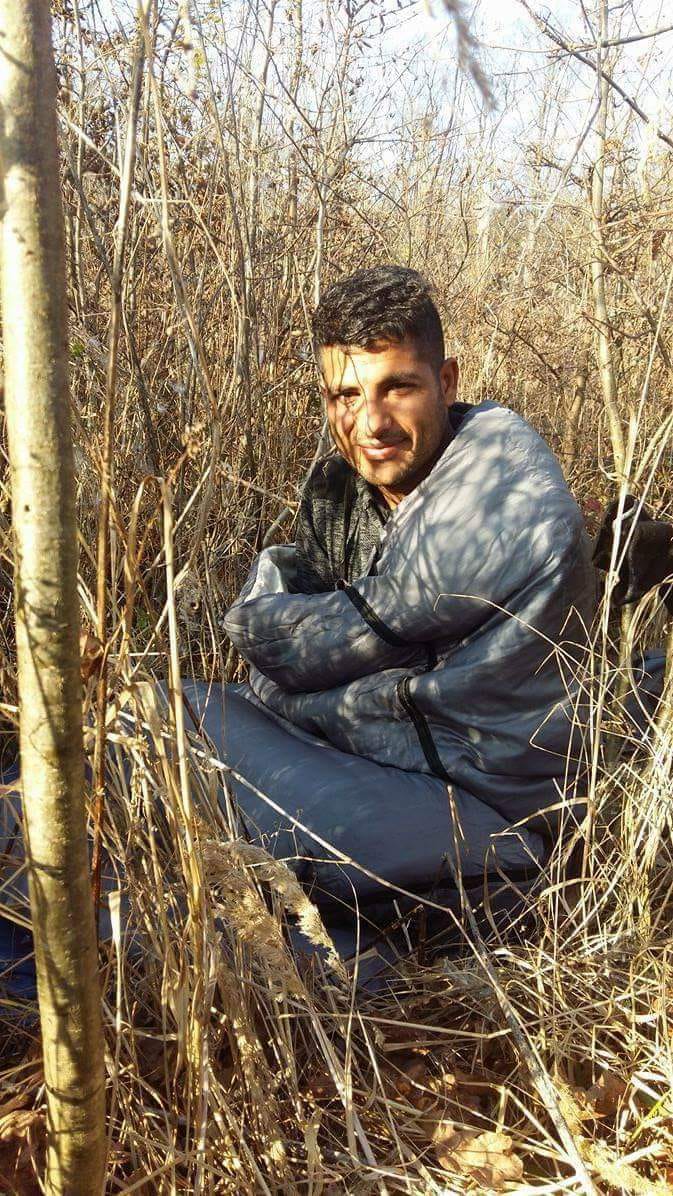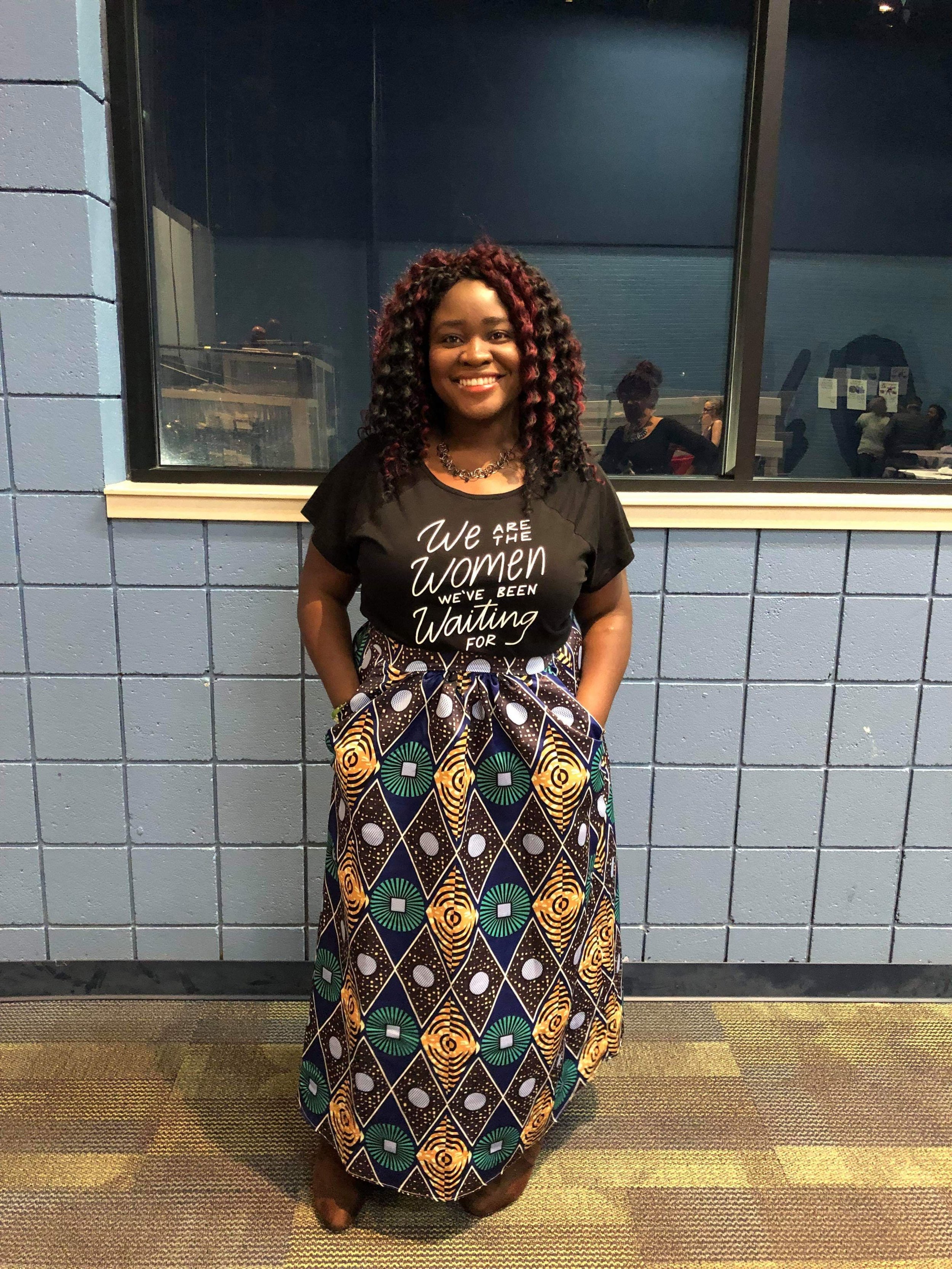This marks the second episode of a two-part series on the war in Ukraine. For this episode we speak with Jana Kalaaji, a Syrian national who fled the war in her country to study medicine in Ukraine, only to become a double-refugee after the outbreak of another war in her new home, along Ukraine’s border with Russia.
Revisited: Episode 18 - Escape from Afghanistan
This re-release episode closes with a short update interview with Abdul, completed in November of 2020. The original show was published in December of 2018.
The update-interview starts at 59:18.
Abdul Saboor worked with the US military in Afghanistan before having to flee the country after receiving death threats and having several friends and family members killed by the Taliban. What followed was an overland odyssey across Pakistan, Iran, Turkey, the Balkans, and back and forth across the EU, until he was able to claim asylum in France, where he currently lives. Along the way he endured prison, forced labor, beatings, deportations, and kidnapping. His is one of the more remarkable stories of resilience that I have come across in my years of traveling and working in the Middle East and anywhere else in the world. And he’s an amazing photographer.
We were connected by the people at No Name Kitchen, a Spanish NGO that provides food, sleeping bags and supplies, and a community space for the growing numbers of refugees stuck in Serbia and more recently in Bosnia.
Abdul recommends that you support the following organizations working in Calais:
The Wood Yard
Refugee Community Kitchen
L'Auberge des Migrants
Episode 31: Out of Options - Syrian & Yemeni in Malaysia
Hashed had to flee Yemen after his father was killed, and what followed was an odyssey that has taken him from Djibouti, to India, to Malaysia, where his struggle is far from over.
Hassan is from Syria, and he also wound up in Malaysia, after his work visa in the UAE expired and the Emirati government threatened to deport him back to Syria. Hassan became the subject of international attention when he spent 7 months trapped in the Kuala Lumpur airport. These are their stories, and you can help.
Episode 27: Protester. Prisoner. Student. Syrian Woman
This month marks the 8th anniversary of the popular demonstrations in Syria that ultimately led to the war. Assil Alnaser’s story takes us from the early days of those protests to her harrowing experiences as a prisoner, and then her escape and her struggles to find a home and a future in Jordan and Turkey, and later in the US, where she was subjected to the "Muslim Ban" twice after winning a scholarship. Assil's story provides a needed reminder of how the conflict in Syria started, it forces us to confront the double-victimization that many women face from their own communities after suffering sexual violence, and puts a human face on the ordeals faced by many Syrian refugees right up to the present.
Check below for more information on where you can help support Syrians and refugees, and for more about Assil’s story and about the Syrian community.
Latitude Adjustment is 100% listener supported. If you agree that we need more independent media that prioritizes curiosity and connections over fear and divisions then please support us with a monthly donation through our Patreon page. Thanks!
Opening Remarks - Host: Eric Maddox
Interview starts at 6:45
The following are charitable organizations that we’ve found to be reputable and effective. We are not affiliated with them or sponsored by them, nor have we been provided with any incentives to promote them. We advise you to do your own research before donating to any organization.
Episode 18: Escape from Afghanistan to France
Abdul is a photographer from Afghanistan, where he worked with the US military before having to flee the country after death threats from the Taliban. What followed was an overland odyssey across Pakistan, Iran, Turkey, the Balkans, and back and forth across the EU, until he was able to claim asylum in France, where he currently lives. Along the way he endured prison, forced labor, beatings, deportations, and kidnapping. His is one of the more remarkable stories of resilience that I have come across in my years of traveling and working in the Middle East and anywhere else in the world.
We were connected by the people at No Name Kitchen, a Spanish NGO that provides food, sleeping bags and supplies, and a community space for the growing numbers of refugees stuck in Serbia and more recently in Bosnia.
Episode 17: Trafficked to the US
Rosine Hounakey is from Togo but she was trafficked to the US at 13 years old and forced to work for free on both coasts of the US, and later into a coerced marriage until she was freed with her two young sons as the result of an ICE raid when she was 17 years old.
She then had to go through foster care in various American cities, waking up at 5am every day to take her kids to school before completing high school herself, after years with no formal education, having taught herself English along the way.
Rosine is currently pursuing an advanced degree, running her own hair salon, and raising her two sons in Grand Rapids, Michigan. We also discuss the entrepreneurial spirit of Togolese women, annoying stereotypes about Africa and Africans, tension and solidarity with the African American community, and moving forward after a deeply traumatic start at life in the US.
Be sure to check the links below for critical facts on Human Trafficking, as well as organizations that can provide immediate assistance.
Episode 5: From Syria to Berlin, Part 1 of 2
Aram AlSaed was a paramedic and a student of fine arts before he left Syria in 2015, traveling by bus, plane, boat, and by foot to reach Germany, while stopping along the way to provide medical and translation support for other refugees.
In this first of a two-part interview, I speak with him about life in Syria before the war, when things began to change, his work as a paramedic in Syria, when he realized that it was time for he and his brother to leave, and his journey up to the German border.
Be sure to browse the additional content provided below for current information on the state of the refugee crisis in the Middle East, North Africa, and Europe.
And be sure to catch the second half of the interview in the next episode.
Sign up & stay informed!
Are You Syrious provides daily news digests from the field, mainly for volunteers and refugees on the route, but also for journalists and other parties.
Information resources for refugees & asylum seekers...
There are more than 60,000 refugees in Greece and an overwhelming demand for information to understand what is happening to them. Refucomm is a nonprofit registered in Germany and working in Greece to provide multilingual instruction materials and videos that inform people about their rights, asylum procedures, and how to prepare for their interviews.

